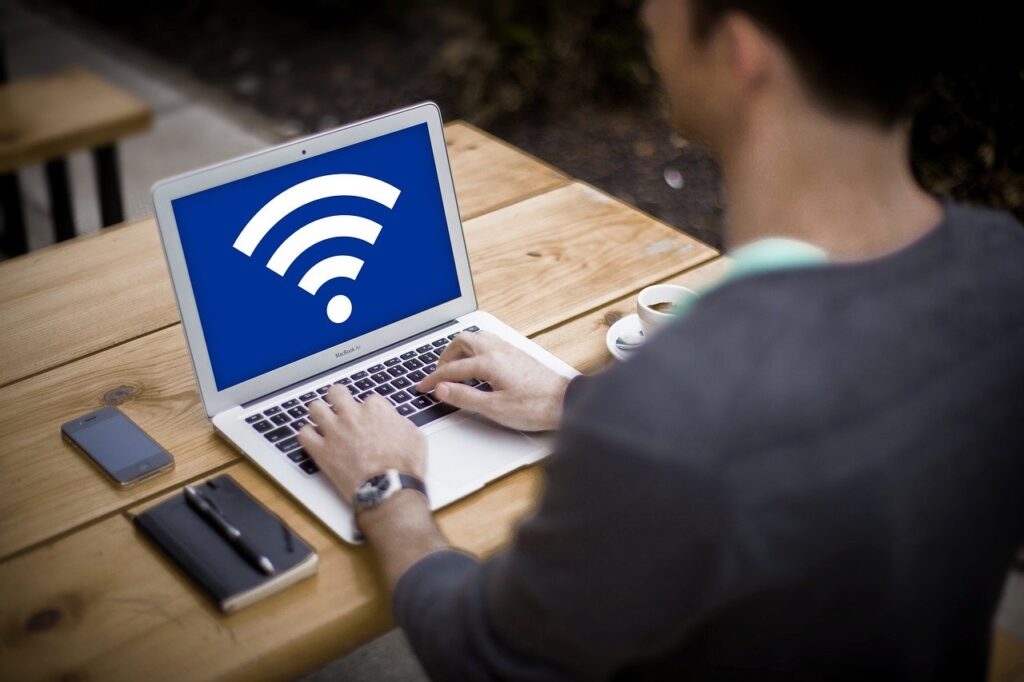In recent years, installing and enabling a virtual private network (VPN) on your personal computer or smart device has gone from a niche luxury to a must-have for many internet users. By masking your IP address and encrypting your online activity, VPNs offer a raft of security, privacy and accessibility benefits that you can scarcely afford to do without.
If you’re late to the VPN party and still aren’t sure what all the fuss is about, this handy article will explain what you’re missing. Although not exhaustive in its summary, it should provide an informative introduction to the main advantages of using a VPN each and every time you surf the web.
Encrypted messaging
The days of the humble text message appear to be numbered. In the modern world, such primitive forms of communication have been overtaken by dedicated social media channels and messaging platforms, which offer their users a more convenient way to stay in touch with one another.
The trouble is, not all of these systems come with encryption capabilities, nor are all of them as scrupulous about safeguarding your interactions as others. With a VPN enabled, every message you send and receive is automatically encrypted, meaning it’s safe from the prying eyes of hackers and secure from the clutches of the highest bidder.
Secure Wi-Fi

Image via Pixabay
Public Wi-Fi is an ingenious invention, allowing anyone to log on to a network even while on the go. Unfortunately, not all of these networks are as secure as they should be, meaning that logging onto an internet café’s Wi-Fi could make you vulnerable to phishing scams, malware or other forms of cyber criminality.
Thankfully, a VPN sidesteps most of those issues. The aforementioned encryption technology once again comes into its own, since encrypting any information you send over the network will prevent hackers from seeing it. This keeps you and your sensitive data (such as credit card and bank account details) safe, wherever you happen to use it. Of course, you must still be wary of phishing scams and clicking on uncertified links, but having a VPN in place will greatly enhance the security of your online experience.
Geo-blocked content
Some parts of the world are more restrictive in the internet access they allow than others. If you happen to live in such a society, or are simply visiting one for business or pleasure, downloading and switching on a VPN can allow you to bypass the restrictions in place in that country.
For example, those working in, living in or visiting in such a place can simply download Surfshark VPN and circumnavigate the national security laws which censor certain sites. This gives them the freedom to roam the internet as they see fit, without the content they are able to access being controlled by a third party.
Surfing without a trace
Nowadays, every single action you take online is usually monitored and logged by any number of organizations, from your internet service provider (ISP) to the government of the country in which you live. The collection of cookies records your activity and stores it for a number of different purposes, including targeted advertising and covert surveillance.
Of course, not everyone is pleased about this turn of events, given that your privacy is basically being invaded without your consent. Using a VPN allows you to pretend that you’re using a different device with a different IP address, possibly in a different part of the world. This gives you a security blanket to shake unwanted attention off your tail.
Internet throttling
Have you ever heard of the term “internet throttling”? This refers to occasions when your ISP will intentionally limit the amount of bandwidth you are able to access, thus impacting negatively upon your online experience in the shape of slow loading times and frozen media content.
The practice is usually carried out when the ISP doesn’t have sufficient computer processing power to meet the demands of its customer base – or else simply wants to save money by “throttling” the data consumption of its biggest users. A VPN can grant you access to potentially faster internet speeds by preventing the ISP from throttling your connection.
Location-based consumer prices
Given that some parts of the world are more developed and wealthier than others, it makes logical sense that a certain product – such as a bottle of water, for example – might cost more in a rich country than a poor one. However, when it comes to online retail, those kinds of calculations are less understandable, since the nature of the global marketplace should theoretically level the playing field.
Nonetheless, eCommerce companies still adjust their prices based upon the location of your IP address and the prosperity of the country in which it’s based. By using a VPN, you can make it appear as though your device is in another location to access the best possible prices online.
Given the plethora of benefits offered by a VPN, it’s not difficult to see why they are growing in popularity by the day.
Featured image credit: Pixabay








